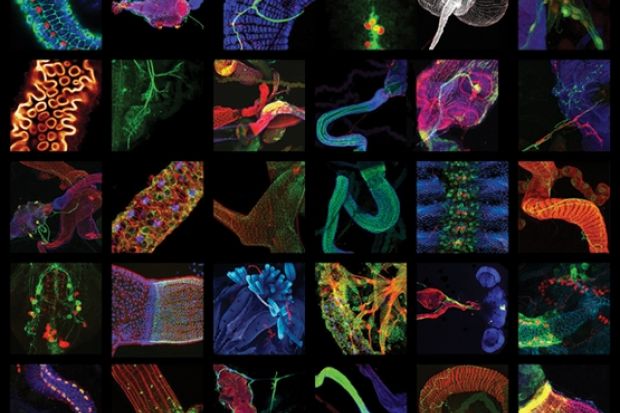Scientists have devised a method of studying metabolism using the droppings of fruit flies. Researchers at the University of Cambridge, led by Irene Miguel-Aliaga, studied the droppings produced following various genetic manipulations of the nerve cells in flies' intestines. They discovered that many of the cells have specific functions, such as regulating appetite and water balance, and believe their research may provide important clues as to why pregnant women suffer from bloating and constipation and why there might be a link between a low-calorie diet and longevity. "Humans and fruit flies reproduce in very different ways, yet the associated symptoms of constipation and bloating and their cause - a reproductive hormone - are the same," Dr Miguel-Aliaga said. Images of fruit fly gut and nerve cells taken with a confocal microscope aided the researchers in their work.
Register to continue
Why register?
- Registration is free and only takes a moment
- Once registered, you can read 3 articles a month
- Sign up for our newsletter
Subscribe
Or subscribe for unlimited access to:
- Unlimited access to news, views, insights & reviews
- Digital editions
- Digital access to THE’s university and college rankings analysis
Already registered or a current subscriber? Login
